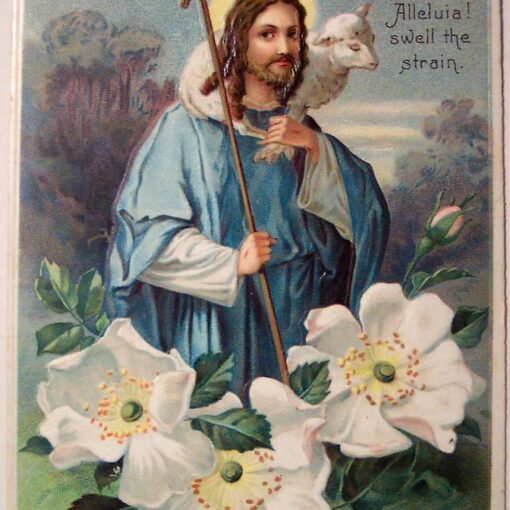What Is Epiphany? Bible Meaning and Holiday Traditions
Epiphany is a time of revelation. Jesus revealed himself to the Israelites and the Gentiles as represented by the Wise Men. God doesn’t play favorites but receives all whose hearts long for him.Jessica Van RoekelAuthor of Reframing RejectionUpdatedJan 07, 2026
Epiphany – while many know it as the day marking 12 days after Christmas and the time to take down the Christmas tree and decorations, it’s actually a holiday with significant meaning. Let’s take a look at the origin and traditions of this holiday today.
What is the Meaning of “Epiphany”?
Epiphany means “appearance or manifestation.” Throughout the world, Christians celebrate it on January 6 – 12 days after Christmas Day. Many countries refer to it as “Three Kings Day.” On this day, Western Christianity recognizes Christ’s manifestation to the Gentiles. The Gentiles were represented when The Magi visited the child Jesus and showed how God’s gift of the Good News is for everyone. Eastern Christianity observes Jesus’ baptism on this day. His baptism revealed his identity to mankind. Epiphany celebrates God revealing himself to the world in the East or the West.
Origin and History of Epiphany
To understand Epiphany’s origin, we need to look at the Church Calendar’s history. In the first century, the earliest Christians set aside one day a week as the Lord’s Day. We observe this day on Sunday. In the second century, they established Lent, Easter, and Pentecost. Lent was a period of time set aside for penitence and the training of new Christians. Easter observed Christ’s death and celebrated His Resurrection, followed by Pentecost, where the church focused on triumph and victory.
In the third century, the early Church leaders established Epiphany. This holiday celebrates and recognizes Christ’s birth, baptism, the adoration of magi, and the first miracle at Cana. It wasn’t until the end of the fourth century that early Christians began observing Christmas and Advent. Christmas became the time to celebrate Jesus’ birth. Advent is the four-week period of time before Christmas. It is used to prepare hearts to receive Jesus.
As we can see, Epiphany originated from the earliest Church leaders and has a spiritual meaning. The Church Year begins at Advent. From then, through Pentecost, Christians concentrated on the life and work of Christ. For the rest of the year—Pentecost to Advent—the church year focuses on the teachings of Christ and their applications to the Christian life. The ultimate purpose of the church calendar ensured that Christians covered the entire breadth and depth of the Gospel in the course of a year. The six-month period from Advent to Pentecost covers all six major events: Advent, Christmas, Epiphany, Lent, Easter, and Pentecost.




